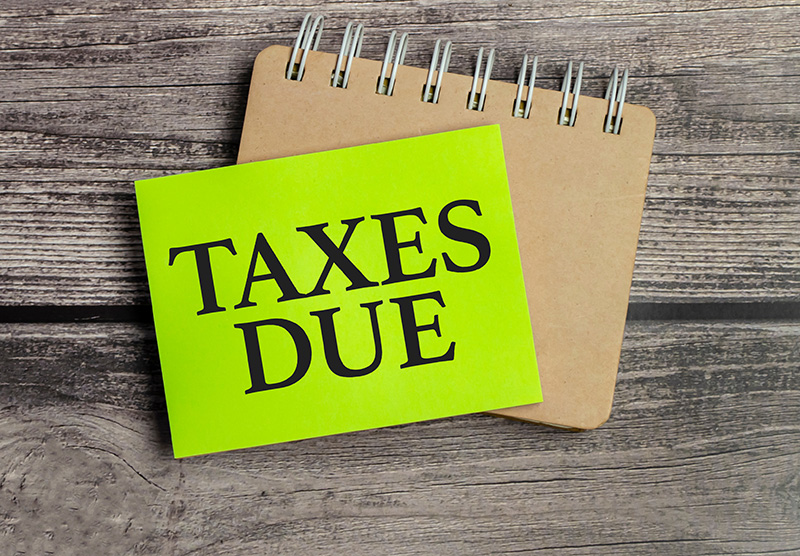What happens if you owe the IRS money?
February, 13 2023 by Steve Banner, EA, MBA
To be perfectly clear, my strong recommendation is that if you owe the IRS money, you had better take positive and immediate steps to figure out how you can pay what you owe them. Depending on the size and nature of your debt, however, your situation may be causing you a great deal of stress, and my recommendation to pay up right away may be much easier said than done.
For example, if you have just finished preparing your tax return and find that you have a balance due of $50 because your employer did not withhold enough tax from your salary during the year, you could simply mail a check to the IRS together with Form 1040-V. Your tax software would have generated this form to function as an invoice for the amount you owe. (Just make sure you mail your payment before midnight on April 15th; otherwise, the IRS may add penalties and interest onto the amount of your original debt.)
On the other hand, if you are self-employed and did not pay enough (or indeed any) estimated taxes during the year, you may find yourself owing thousands of dollars to the IRS after you have prepared your taxes. In this case, it may be a much more challenging task – if not an impossible one – to simply mail a check for the amount due before April 16th, when penalties and interest will begin to accumulate. In fact, the amount due on your original tax return may already include penalties and interest for the amounts of estimated tax that you should have paid in advance but did not.
These two situations we have just reviewed could have been avoided entirely. Neither of the two taxpayers would be in debt if the employee in the first case had made sure the form W-4 that his employer was using for tax withholding from his wages was correct and up-to-date, and if the self-employed individual in the second case had sought advice from an accountant or tax preparer on his obligations for paying estimated taxes on his income. Prevention is better than a cure, in other words.
But the good news is that a cure is readily available to help the millions of taxpayers each year who find themselves owing money to the IRS.
Of course, the IRS wants to get paid but, at the same time, it understands that a lot of folks cannot pay up in full right away. For that reason, the IRS created several ways to work with taxpayers who owe money to help them get things straightened out.
One approach you can take if you are in this position is to apply for an extension of up to 6 months to pay what you owe. This extension may be granted under certain circumstances, such as for single-income folks who have just lost their job and will be off work for a short period until they can start their new job. Or it might be granted to someone who is off work for a few months while they nurse a sick relative. The general principle involved is that the IRS may give you a few months extra if you can show them that paying the full amount now would cause you undue hardship. However, please keep in mind that even though your deadline to pay would be pushed out for 6 months with the extension, the IRS would continue to add interest to your debt until you pay it in full. And then, if you happen to miss the deadline, the IRS will also add on penalties.
If you are unable to meet the conditions for the “undue hardship” 6-month extension, you can still apply for what the IRS calls a Short-Term Payment Plan to pay your debt in full. You would still be expected to have paid the full amount you owe within 6 months, but both penalties and interest would apply throughout the whole period until you make the final payment. However, you could reduce the effect of the penalties and interest if you managed to make a series of regular payments and got the debt paid off before the 6-month deadline.
Depending on your cash flow situation and the amount of your debt, you might feel that 6 months would not be enough time for you to take care of things. In this instance, you could go through the process of applying for an installment agreement where you would make monthly payments over as long as 6 years. The IRS charges a fee to set up an installment agreement, and interest and penalties continue to be added to the balance of your debt, but this system has proved to be successful for many taxpayers to resolve their issues with the IRS.
More information about the above and how to deal with paying the IRS the money you owe them can be found in this article or on the IRS website.
Or, rather than trying to make sense of the available options to deal with money you owe to the IRS, you could call one of our experienced tax professionals for a cost-free and obligation-free discussion of your particular situation. He or she will be happy to help you figure out the best IRS tax debt settlement option for you and help restore your peace of mind.





